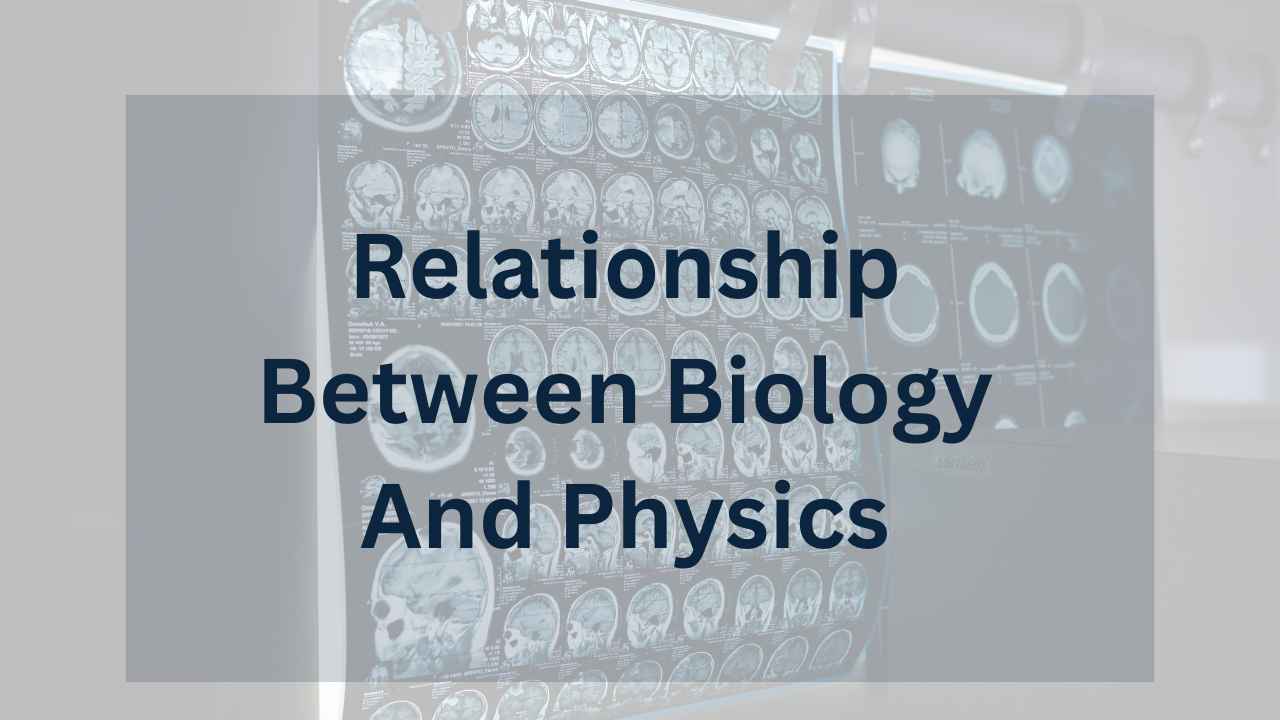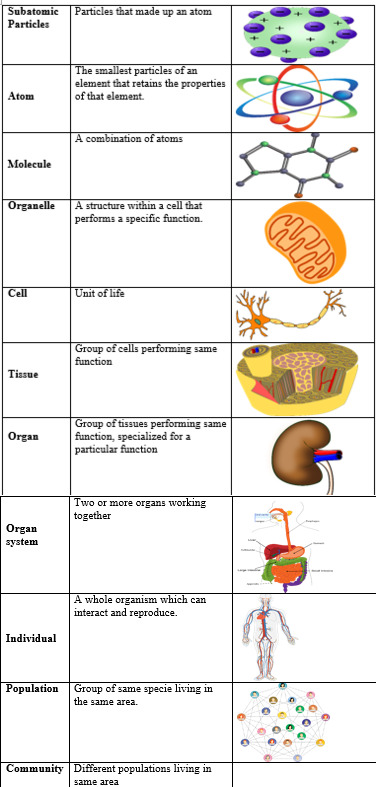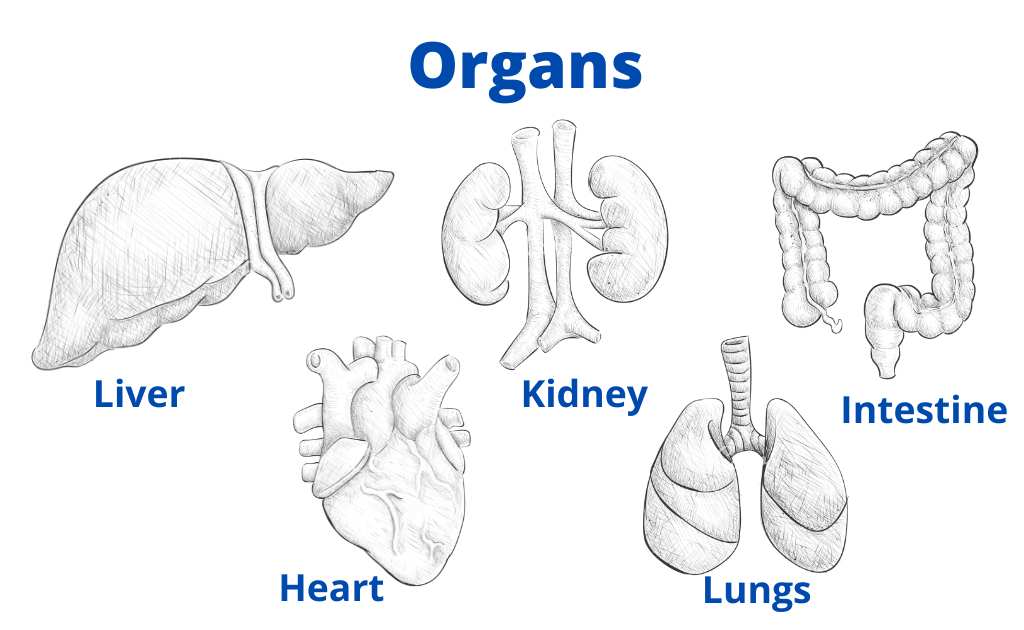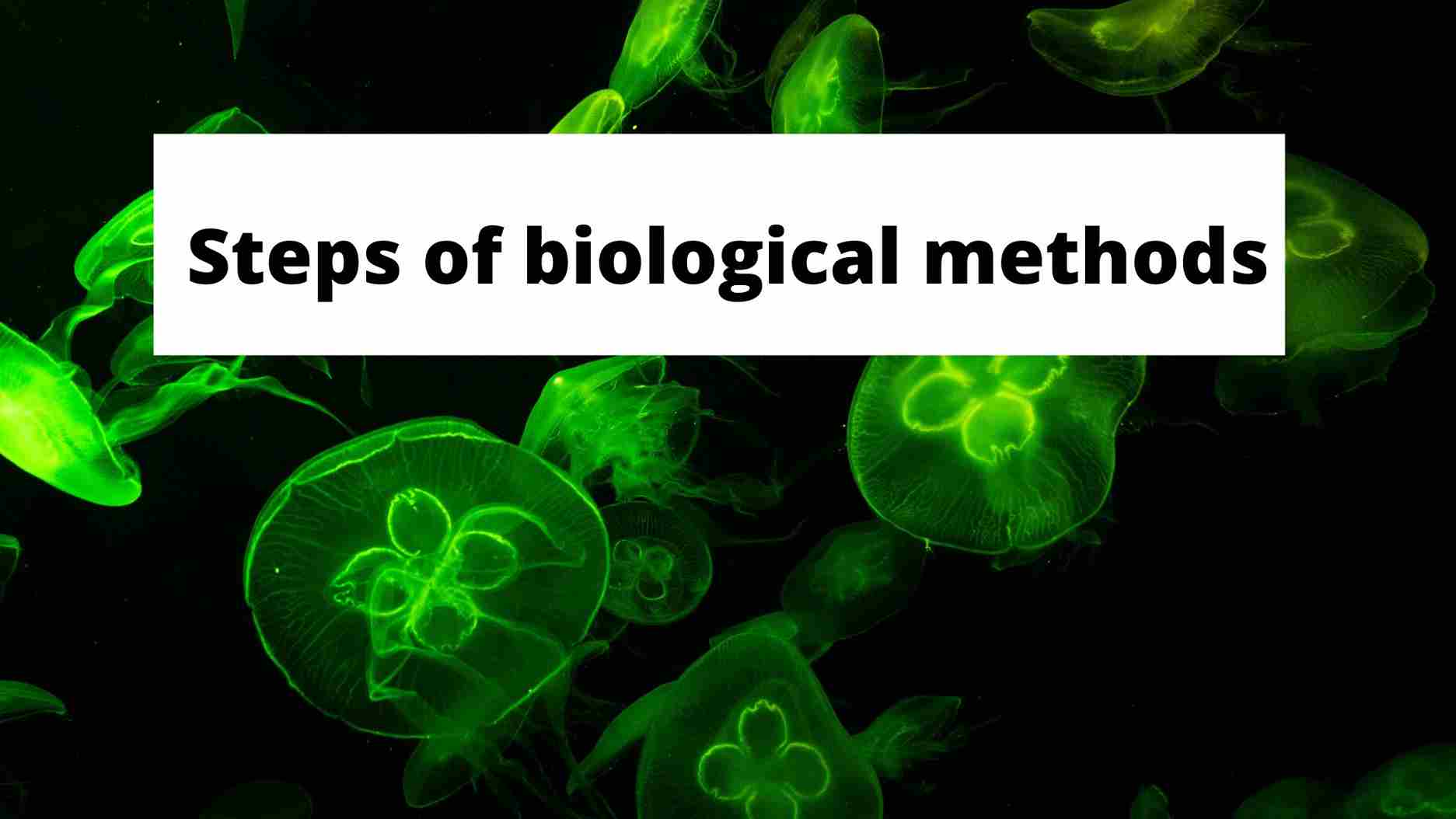Relationship of Biology With other Sciences
Biology is the study of living organisms and their interactions with the environment. It is related to other sciences such as chemistry, physics, and mathematics, as it utilizes concepts and principles from these fields to explain biological phenomena.
Biology and Computer Science
Biology and computer science are interconnected. Bioinformatics is a field that combines biology and computer science. It uses computer algorithms to analyze biological data. This has led to significant advances in genomics, proteomics, and other areas of biology.
Biology and Mathematics
Biology and Mathematics are related because math provides the tools and techniques to analyze and model biological systems and processes, such as genetics, population growth, and metabolic pathways.
By using math, biologists can better understand and predict how biological systems behave and interact with each other.
Biology and Physics
Biology and physics may seem like vastly different fields, but they have a lot in common. Biophysics is the study of the physical principles that underlie biological systems. Biophysicists study topics such as how proteins fold, how membranes form, and how DNA replicates.
Biology and Chemistry
Biology and chemistry are closely related. Biochemistry is the study of the chemical processes within living organisms.
The principles of chemistry are essential in understanding biological processes such as metabolism and cellular respiration.
Biology and Medicine
Biology is the foundation of modern medicine. Medical professionals use the principles of biology in the study of anatomy, physiology, and pathology.
Advances in biology have led to the development of new treatments and therapies for diseases.
Biology and Zoology
Zoology is the study of animals and their behavior. Biology plays a crucial role in understanding the behavior and physiology of animals.
Zoologists use biological principles to study animal behavior, evolution, and ecology.
Biology and Geology
Biology and geology are closely related, as the geological features of the Earth can influence the distribution and evolution of living organisms.
Geobiology is a field that studies the interactions between the Earth’s physical and biological systems.
Biology and Environmental Science
Biology and environmental science have a close relationship, as the environment plays a crucial role in the health and well-being of living organisms.
Environmental biologists study the interactions between organisms and their surroundings, as well as the impact of human activities on the environment.
Biology and Neuroscience
Biology and neuroscience are intertwined fields, as the study of the nervous system is fundamental to understanding behavior and cognition.
Neurobiologists study the structure and function of the nervous system, including the brain, and investigate how it controls behavior and cognition.
Biology and Anthropology
Biology and anthropology have a close relationship, as the study of human evolution requires an understanding of the biological processes that drive it.
Biological anthropology examines the evolutionary history of humans and their close relatives, as well as the biological and cultural factors that shape human diversity.
Biology and Agriculture
Biology plays a significant role in agriculture, as it provides the foundation for understanding crop production and management.
Agricultural biologists study plant genetics, physiology, and ecology to improve crop yields and develop new varieties of crops.
Biology and Ecology
Ecology is the study of the interactions between living organisms and their environment. Biology is essential in understanding these interactions, as the principles of biology underlie all ecological processes.
Ecologists use biological principles to study populations, communities, and ecosystems.

 written by
written by 





Leave a Reply